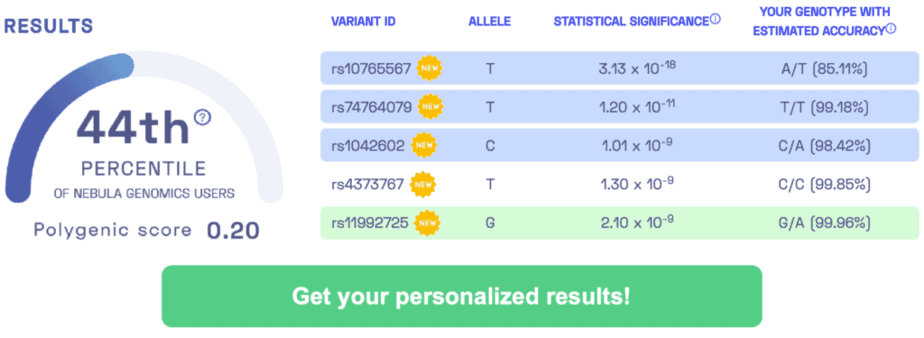STUDY TITLE: Genome-wide association study of peripheral artery disease in the Million Veteran Program
SUMMARY: The risk of peripheral artery disease is increased by genetic variants associated with LDL cholesterol levels.
DESCRIPTION: Peripheral artery disease (PAD) is the narrowing of the arteries in the legs, stomach, arms, or head. It is generally caused by the buildup of plaque (from fats, cholesterol, or other substances) in the arteries and can lead to a heart attack or stroke. A predisposition to peripheral artery disease is known to be influenced by genetics, but few variants have been identified. This study looked for genetic variants that increase the risk of PAD in 243,060 military veterans of European, African, and Hispanic ancestry. Many of the variants identified were also associated with higher blood levels of low-density lipoprotein (LDL) cholesterol. LDL cholesterol is often referred to as “bad” cholesterol and can cause the formation of plaque in the arteries.
DID YOU KNOW? You can reduce your LDL cholesterol levels (and therefore your risk of PAD) by eliminating trans fats (partially hydrogenated oil) from your diet. Losing weight, exercising regularly, and limiting your alcohol consumption can also lower your LDL cholesterol levels and PAD risk. [SOURCE]
SAMPLE RESULTS: Learn more about the Nebula Research Library.

PAD-ASSOCIATED VARIANTS: rs118039278, rs1537372, rs10851907, rs6025, rs2107595, rs7528419, rs11066301, rs4722172, rs7903146, rs505922, rs138294113, rs62084752, rs3130968, rs1975514, rs7476, rs4842266, rs322, rs566125, rs55784307
ADDITIONAL RESOURCES:
Overview of Peripheral Artery Disease
“Bad” Cholesterol
WEEKLY UPDATE: July 26, 2019
